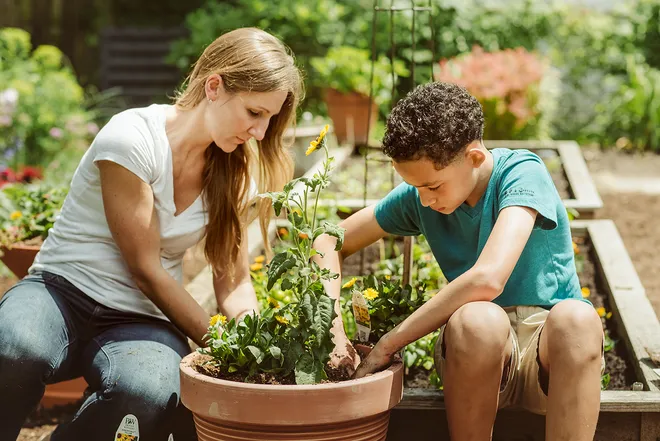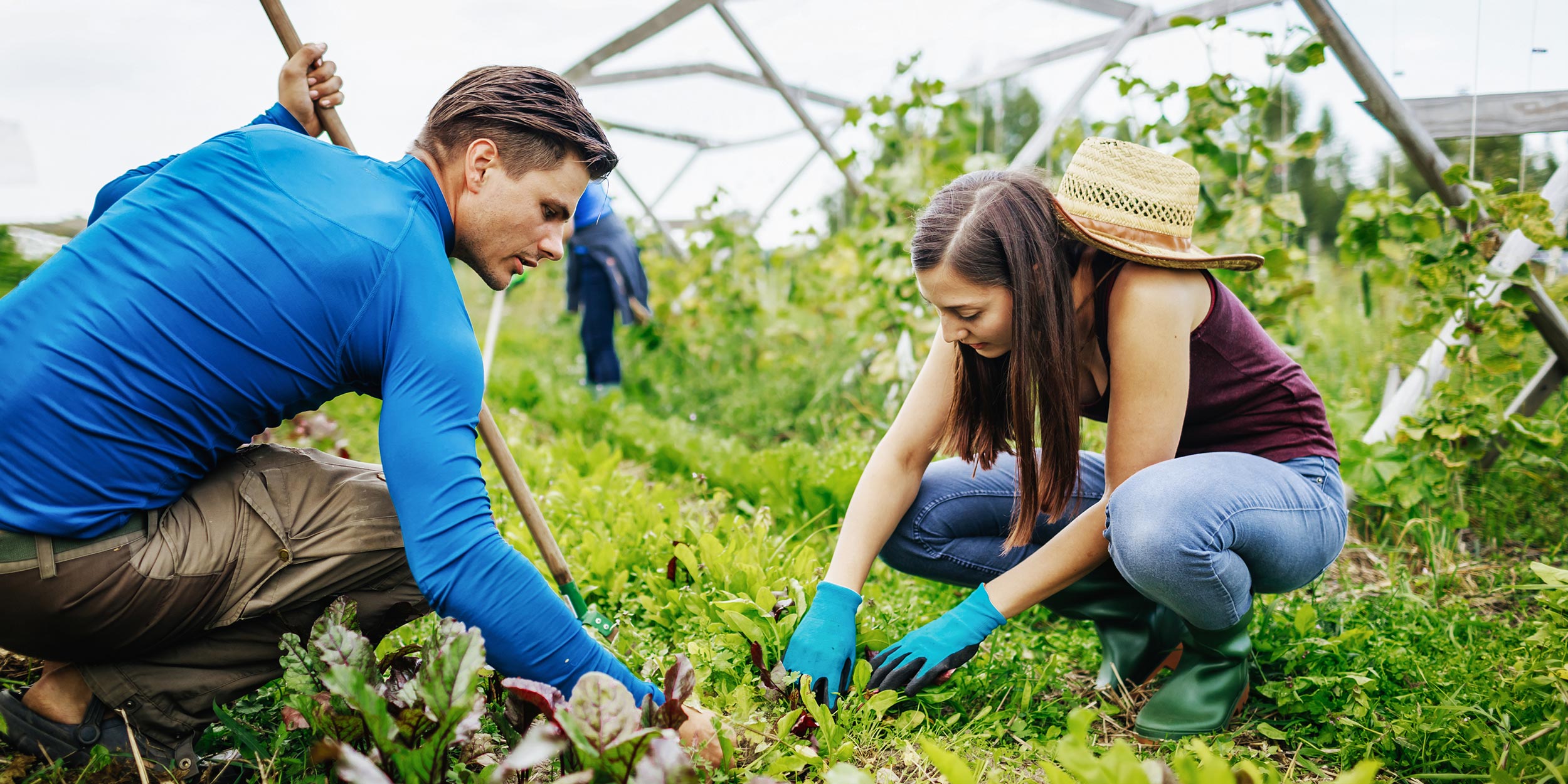Proper hydration is paramount to the health and vitality of your garden, making it essential to understand the art of watering wisely. Achieving a harmonious balance between providing sufficient moisture and avoiding overwatering requires careful consideration of various factors. The type of plants, soil composition, weather conditions and even the time of day all play crucial roles in determining the most effective watering strategy. Begin by acquainting yourself with the water needs of different plant species in your garden. Some may thrive in consistently moist soil, while others prefer slightly drier conditions between watering. Understanding the soil’s drainage capacity is equally important; clay soils retain water longer, necessitating less frequent watering, while sandy soils drain faster, necessitating more frequent irrigation.

Weather conditions also significantly influence your watering regimen. During hot and windy spells, water tends to evaporate faster, prompting the need for increased frequency of watering. Conversely, during cooler and more humid periods, plants may require less hydration. As a rule of thumb, it is advisable to water early in the morning or late in the afternoon when the sun’s intensity is reduced, minimizing water loss due to evaporation and ensuring optimal absorption by plant roots. One of the most common pitfalls in gardening is overwatering, which can suffocate plant roots by displacing essential oxygen. To prevent this, closely monitor the moisture levels of your soil. Stick your finger about an inch into the soil; if it feels moist, hold off on watering. Investing in a moisture meter can also provide accurate readings. Mulching the soil surface is another effective strategy to conserve moisture by reducing evaporation, hop over to this site maintaining a consistent soil temperature and inhibiting weed growth that competes for water resources.
In instances where your garden comprises a diverse range of plant types with varying water requirements, consider implementing a zonal watering system. This involves grouping plants with similar hydration needs together; allowing you to tailor your watering routine to each zone’s specific requirements. Additionally, capturing and utilizing rainwater through rain barrels or other collection methods is not only environmentally conscious but also provides a natural, untreated water source that can benefit your garden. In conclusion, watering wisely involves more than just drenching your garden on a regular schedule. It is a nuanced practice that demands attention to detail and a profound understanding of your garden’s unique characteristics. By recognizing the individual needs of your plants, the properties of your soil, the influence of weather patterns and employing techniques such as mulching and zonal watering, you can ensure your garden receives the optimal hydration it deserves. Ultimately, the rewards will be lush, vibrant plants that thrive and flourish under your attentive care.
